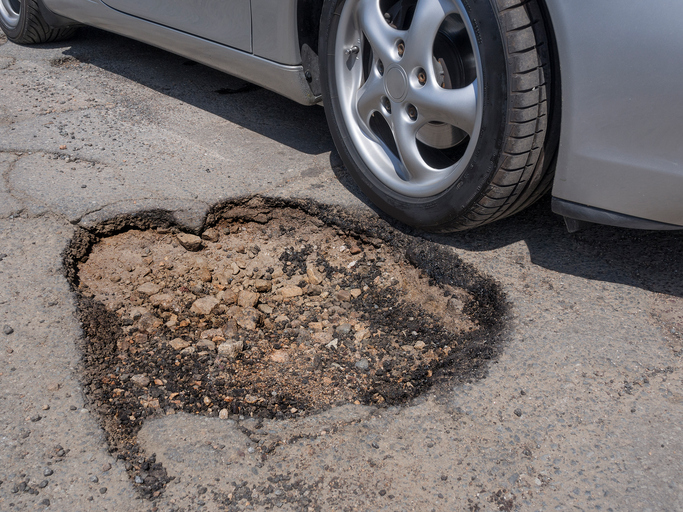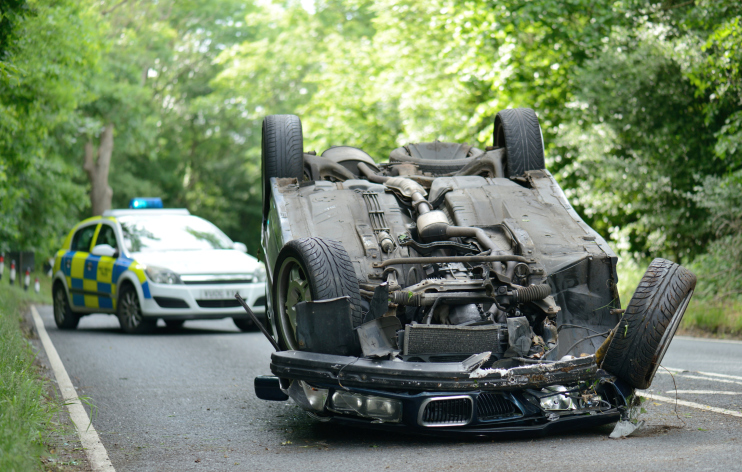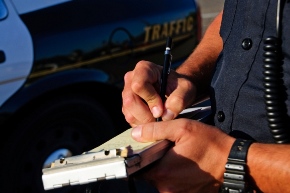Soon, many of us will undertake that thorough yearly ritual known as spring cleaning. It’s a time to clean up, check out and repair the important things in your life. There’s no better time to do it than when the weather is nice.
One item you shouldn’t forget to pay attention to this spring is your vehicle. Your car probably sustained its fair share of wear and tear in the last year. Thorough maintenance and upkeep can help you get it ready for more intense use during the summer. However, there’s another part of your car’s well-being that you should check up on this spring—its security.
Vehicle theft and vandalism are both possibilities nowadays. They can strike anywhere and at any time. How you protect your vehicle might make a big difference in whether you become a victim. Security steps, as well as the right car insurance, can help you prevent and recover from theft.
Car Insurance Coverage for Theft and Vandalism
Vehicle theft occurred at a rate of 236.9 incidents per 100,000 people in 2016, according to the Insurance Information Institute. Illinois was among the ten states with the highest rates of theft. If you live in the Prairie State, consider your auto insurance a source of help in case theft occurs.
Car insurance policies usually offer theft protection. However, these policies will likely come with conditions.
- Usually, to receive coverage for theft or vandalism, you need comprehensive protection. Comprehensive coverage insures damage from incidents not related to wrecks or other collisions. It can often help replace the car, or repair damage sustained during a theft.
- Even if you have comprehensive coverage, it might not provide the full recovery costs. Your policy limits will likely determine how much support, if any, for which you qualify. Most policies will likely include a deductible. If your vehicle damages fall under the cost of the deductible, you will have to pay for all the damage yourself. Also, some policies will only compensate the insured for the actual cash value of the vehicle. This is the depreciated cost of the car at the time of the theft. This value might be less than the full value needed to buy a new vehicle to replace the old one.
- Your comprehensive insurance likely will not cover any personal items inside the vehicle. If something, like a purse, gets stolen from (or along with) the car, you might be able to file a claim on your homeowner’s insurance. Your car insurance will often only cover damage or losses to pre-installed features.
Therefore, talk to your insurance agent about how much theft coverage you need to carry. Make sure it is enough to help you replace the vehicle after a total loss. Your agent likely can offer expert information on the specific coverage for you.
Protect Yourself Against Theft, Save On Auto Insurance
If you have a high chance of auto theft, this might drive up your car insurance rates. However, there are ways for all drivers to take steps to reduce their vehicle theft risks. In some cases, these precautions might even qualify the driver for policy discounts. This could lower the cost burden they face for their coverage.
- Consider if connected or internet-of-things technology can help reduce theft risks. Then, ask your insurer if they award discounts for connected security mechanisms. If you qualify for a discount, adding this protection to your car might prove beneficial.
- Think about where you store your car. Usually, parking it inside a garage or close to your residence is the best safety step to take. When parking in public, keep your vehicle in a well-lighted area.
- Always lock your car, regardless of where you leave it. Also arm your car alarm whenever you leave the vehicle.
- Never leave valuables on view in the vehicle. Cell phones, purses, money, prescriptions and more might trigger a thief to break in or steal the car. Take these vehicles with you or lock them in the trunk of the car.
- Consider buying theft prevention devices for your car. These might include steering wheel locks or special alarms. You can usually easily activate your devices as soon as you get out of the car.
If you experience vehicle theft, immediately contact the authorities and your insurer. You will likely need to file a police report or start an investigation to recover the vehicle. Your insurer will likely need to start a claim immediately upon theft occurring. This will help them better track the results of the investigation.
The good news is, based on your policy, you might have access to rental car reimbursement. Your insurance might pay some or all of the cost of a rental so you can at least drive even without the other vehicle. Car theft can be a difficult incident to experience. However, your insurance can likely come in handy as long as you have appropriate protection. Call us for a Illinois car insurance quote.










